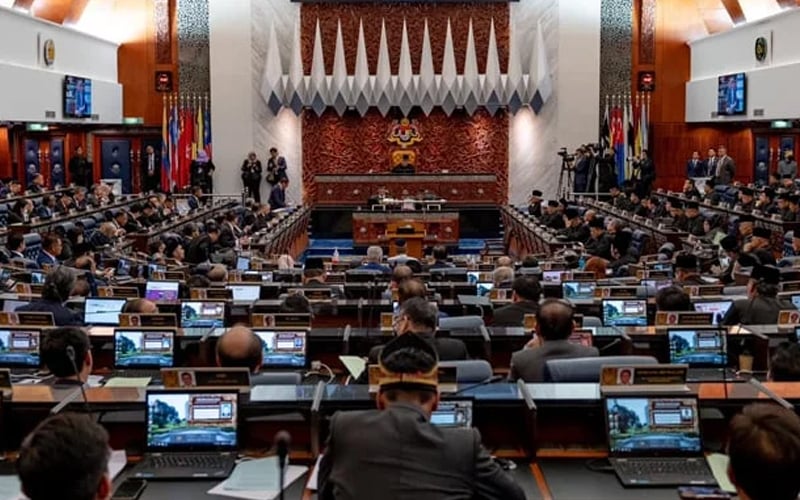
PETALING JAYA: The government and opposition have been urged by civil society leaders to negotiate a package of political reforms, including a fixed-term Parliament and a roadmap for comprehensive decentralisation of power.
Instead of waiting for either side of the political divide to initiate the moves, the civil society leaders suggested that the Speaker of the Dewan Rakyat and the president of the Senate be invited to act as impartial mediators.
The reforms should be carried out before the current Parliament’s term expires in December 2027, a coalition of NGOs and 50 civil society leaders said in a statement.
They called for a Fixed-Term Parliament Act and for a vote of confidence to be carried out on every new prime minister who is appointed.
The coalition also called for “a comprehensive and carefully planned roadmap” towards decentralisation of power, using a “whole of Malaysia” conversation between the federal government, the Sabah and Sarawak governments, and the 11 state governments, with the Malaysia Agreement 1963 as the central guiding document.
They also mooted the strengthening of the legislatures at the federal and state levels by introducing the Parliamentary Services Act, setting up more parliamentary committees, and providing more time to debate non-governmental business.
The groups reiterated previous civil society calls to separate the functions of the public prosecutor from the attorney-general, and to enhance the independence of the Malaysian Anti-Corruption Commission and the impartiality of the police.
Among those who signed the statement were former Bersih leaders Ambiga Sreenivasan and Thomas Fann, former judges Mah Weng Kwai and Hishamudin Yunus, former Dewan Rakyat Speaker Arif Md Yusof, former Bar presidents, academics and political analysts, and former senior civil servants and diplomats.
Earlier this month, the human rights group Suaram said that Anwar Ibrahim would be perceived as the least successful prime minister if legal reforms are not effectively implemented during his administration.
Suaram executive director, Sevan Doraisamy, said that after a year in power, Anwar’s government is still perceived as lacking a clear direction to introduce or amend human rights laws.
As a response, Anwar told Suaram to be more objective in its criticism of his administration in delivering reforms and introducing policies in the country.
He reiterated the government’s dedication to safeguarding human rights, urging Suaram to give the government time and look forward to the next parliamentary sessions for the reforms. - FMT



No comments:
Post a Comment
Note: Only a member of this blog may post a comment.